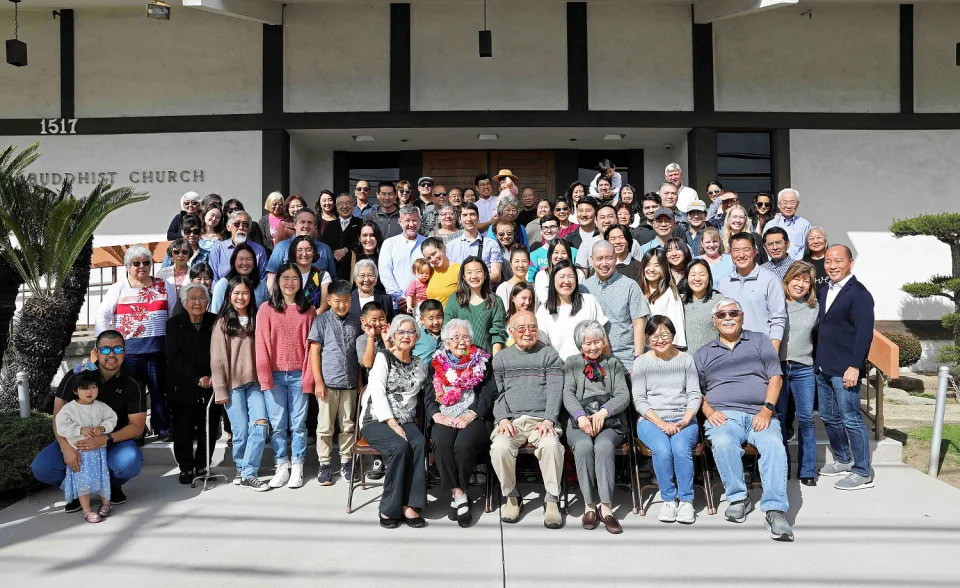The New Republic
Trump’s Sleazy $1 Billion Shakedown of Oil Execs Gives Dems an Opening
Greg Sargent – May 11, 2024

Ever since Donald Trump descended that golden escalator in 2015, a central tenet of his bond with his supporters has been a simple promise to them: I have seen elite corruption and self-dealing from the inside, and I will put that know-how to work for you.
During that campaign, for instance, Trump could boast that not paying taxes “makes me smart,” knowing supporters would hear it in exactly those terms. More recently he has told the MAGA masses that in facing multiple criminal prosecutions, “I am being indicted for you,” as if he’s bravely journeying into the belly of the corrupt system mainly to expose how it’s victimized them.
A new Washington Post report that Trump made explicit policy promises to a roomful of Big Oil executives—while urging them to raise $1 billion for his campaign—is a powerful story in part because it wrecks what’s left of that mystique. In case you didn’t already know this, it shows yet again that if Trump has employed that aforementioned knowledge of elite corruption and self-dealing to any ends in his public career, it’s chiefly to benefit himself.
That counter narrative is a story that Democrats have a big opportunity to tell—if they seize on this news effectively. How might they do that?
For starters, the revelations seem to cry out for more scrutiny from Congress. Democratic Senator Sheldon Whitehouse of Rhode Island, who has been presiding over hearings into the oil industry as chair of the Budget Committee, says it’s “highly likely” that the committee will examine the new revelations.
“This is practically an invitation to ask more questions,” Whitehouse told me, describing this as a “natural extension of the investigation already underway.”
There’s plenty to explore. As the Post reports, an oil company executive at the gathering, held at Trump’s Mar-a-Lago resort last month, complained about environmental regulations under the Biden administration. Then this happened:
Trump’s response stunned several of the executives in the room overlooking the ocean: You all are wealthy enough, he said, that you should raise $1 billion to return me to the White House. At the dinner, he vowed to immediately reverse dozens of President Biden’s environmental rules and policies and stop new ones from being enacted, according to people with knowledge of the meeting, who spoke on the condition of anonymity to describe a private conversation.
Giving $1 billion would be a “deal,” Trump said, because of the taxation and regulation they would avoid thanks to him, according to the people.
Obviously industries have long donated to politicians in both parties in hopes of governance that takes their interests into account, and they explicitly lobby for this as well. But in this case, Trump may have made detailed, concrete promises while simultaneously soliciting a precise amount in campaign contributions.
For instance, the Post reports, Trump vowed to scrap Biden’s ban on permits for new liquefied natural gas exports “on the first day.” He also promised to overturn new tailpipe emission limits designed to encourage the transition to electric vehicles, and he dangled more leases for drilling in the Gulf of Mexico, “a priority that several of the executives raised.”
“The phrase that instantly came to mind as I was reading the story was ‘quid pro quo,’” Whitehouse told me. He also pointed to a new Politico report that oil industry officials are drawing up executive orders for Trump to sign as president. “Put those things together and it starts to look mighty damn corrupt,” Whitehouse said.
So what would be the legislative aim of a congressional inquiry into all this, and what might it look like? One argument is that knowing what transpired between those executives and Trump could inform an analysis of what’s wrong with our campaign finance laws—and how to fix them, says Noah Bookbinder, president for Citizens for Responsibility and Ethics in Washington.
The rub here is this: It’s likely that what transpired between the executives and Trump is perfectly legal. It may not have risen to a solicitation of something of value directly in exchange for an official act. But determining whether it was as egregious as it seems, and examining how it may be permissible under current laws, would illuminate the gaping problems with them, Bookbinder noted.
“There’s a clear legislative purpose in determining what happened at the meeting,” Bookbinder said. If this really constituted “an attempt to link significant campaign contributions with specific policy promises,” Bookbinder continued, “that suggests a huge loophole that needs to be closed.”
Or, as Fred Wertheimer, the president of the watchdog group Democracy 21, told me, this episode “certainly looks like an offer of an exchange of policy for money.” Given that this was probably legal, Wertheimer added, Congress could “look at this as an example of what kind of corrupt campaign finance system exists today.”
Such a move could have second-order political effects. Republicans understand that when they use their power in Congress to kick up a lot of noise about something, it induces the media to make more of it than they otherwise might. Democrats could apply that lesson here.
Democrats could also highlight this affair as a clear indication of Trump’s broader priorities. This would entail pointing out that Trump has vowed to roll back Biden’s whole decarbonization agenda, meaning he’d cancel billions of dollars in subsidies and tax incentives fueling a manufacturing renaissance in green energy. This boom is happening in red areas, too: As Ron Brownstein reports, new Brookings Institution data shows that counties that backed Trump in 2020 are reaping outsize gains—including investments and jobs—from the transition to electric vehicles.
Yet Trump would like to see all this reversed, and he’s apparently dangling this before fossil fuel donors while demanding enormous campaign contributions from them. Making this all even more sordid, recall that Trump is channeling millions in donor money to high-priced lawyers who are defending him against multiple criminal prosecutions.
“Hundreds of thousands of good clean energy jobs have been announced, and whole communities are being revitalized as factories are being rebuilt,” Jesse Lee, a Democratic strategist who advises various climate groups, told me. “Trump is promising to crush it all in exchange for a $1 billion check from oil companies to pay his legal fees.” Trump also recently promised billionaire donors he’d keep their taxes low at another recent gala.
As The Atlantic’s David Graham details, Trump has long presented himself as an outsider—despite being a billionaire himself—by purporting to speak traitor-to-his-class blunt truths about how the rich buy politicians. This was always a transparent scam. Yet it seems even harder to sustain now that Trump has apparently placed himself at the center of that very same scam so conspicuously, making his own corrupt self-dealing as explicit as one could imagine.
If elected, Trump would throw into reverse our transition to a decarbonized future, one that’s creating untold numbers of manufacturing jobs—including in the very places that Trump has attacked Democratic elites for supposedly abandoning—all in exchange for mega-checks from chortling fat cats right out of the most garish of Gilded Age cartoons. For good measure, some of that loot could help Trump secure elite impunity for his own corruption and alleged crimes. We can’t say we weren’t warned. Trump has told us all this himself.













